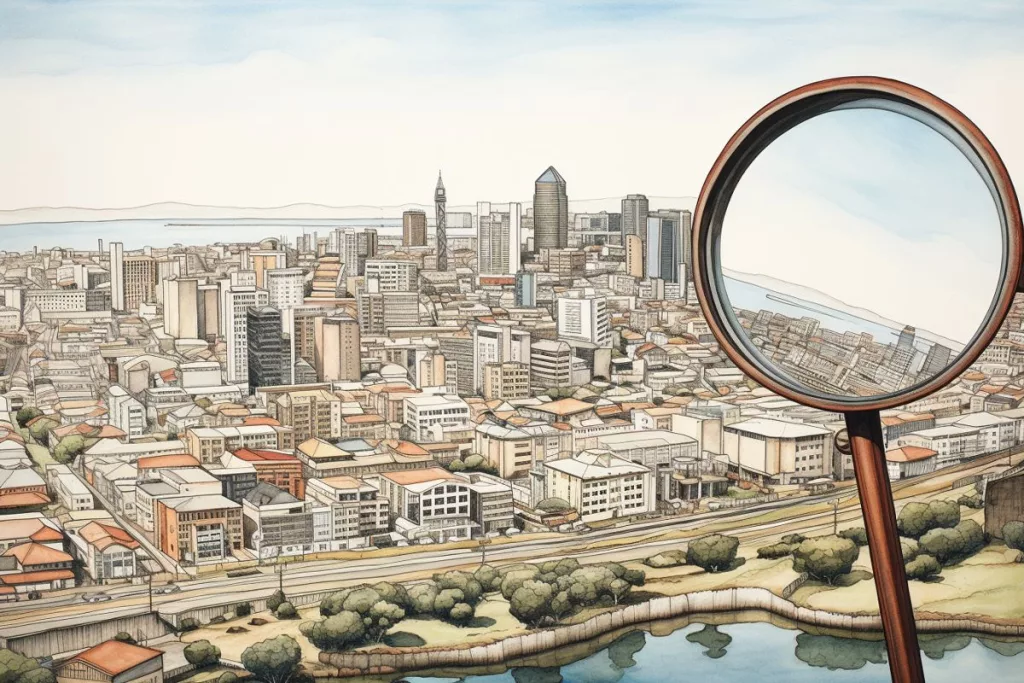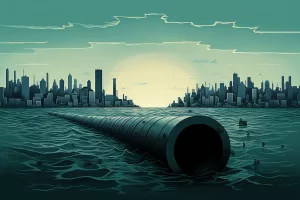Cape Town is currently experiencing a surge in civic engagement due to active democracy and citizen participation. Over two thousand comments and submissions were received during the public participation period for marine outfalls and wastewater treatment permits, showing an exceptional engagement of citizens. This surge in public involvement highlights the importance of dialogue, discussion, and debate in shaping more representative and inclusive policies, and presents a hopeful outlook for environmental stewardship and democratic governance.
Cape Town is leading the world in water management with its innovative plan to increase potable water supply by 7% by 2040 through water recycling. The city brought together global leaders in water reuse to exchange knowledge and experiences, and the New Water Programme aims to enhance the daily water supply by 300 million litres from fresh sources by 2030. This groundbreaking strategy is a testament to the city’s dedication to sustainability and resilience, positioning it as a preeminent figure in global water preservation and recycling.
Cape Town’s stunning coastline is facing an environmental crisis due to the city’s breach of oceanic sewage discharge regulations into the Hout Bay. The city released over one billion litres of sewage that contained high levels of harmful substances, leading to a surging ecological crisis. However, the city has launched a study to evaluate the practicality and cost of treating sewage before releasing it into the sea, highlighting a renewed dedication to environmental protection. The crisis underscores the delicate balance between pursuing infrastructural efficiency and honouring environmental sustainability commitments.
Toilets in Cape Town’s RR Section informal settlement have been overflowing with waste for almost a month due to a local extortion group targeting the cleaning company responsible for maintaining the facilities. The group demanded money for protection and threatened to kill workers if they returned without paying. Residents have been left with no choice but to use alternative methods such as buckets or going outside. The situation highlights the negative impact of extortion on service delivery and the daily lives of residents, prompting Cape Town Mayor Geordin HillLewis to initiate an AntiExtortion Campaign.
The Water and Sanitation Directorate of the City of Cape Town proudly announces the successful utilisation of 95% of its capital budget for the 2022/23 fiscal year. The accomplishment reinforces the city’s commitment to investing in vital infrastructure to ensure the provision of highquality drinking water and dignified sanitation, particularly in informal settlements.





